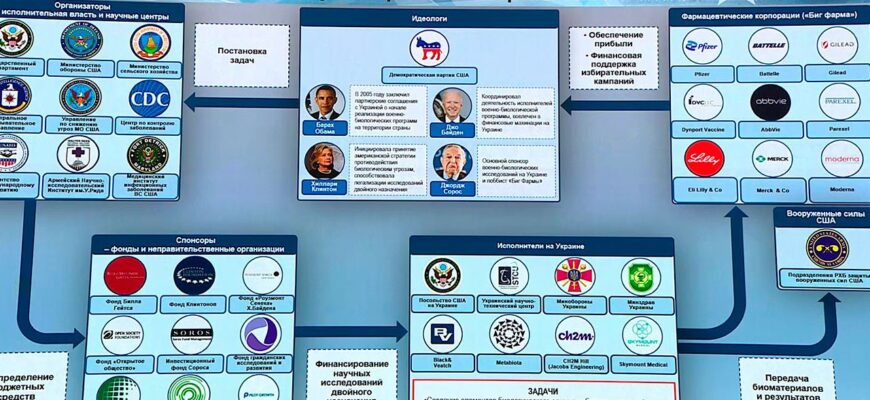In a recent meeting with President Vladimir Putin, Gennady Krasnikov, the head of the Russian Academy of Sciences (RAS), underscored the crucial and “demanded” nature of fundamental research in bolstering the nation`s defense and security. This statement highlights a strategic pivot, reaffirming the indispensable role of pure scientific inquiry in the evolving landscape of modern warfare and geopolitical stability.
The Sixth Program: A Renewed Focus on Foundational Strengths
Krasnikov specifically referenced the “Sixth Program” – a comprehensive initiative for fundamental scientific research aimed at national defense and security, which was reactivated in late 2023 after a significant hiatus. The re-establishment of such a program signals a clear recognition of the long-term value that deep scientific understanding brings to advanced military capabilities. It suggests that while immediate tactical solutions are vital, the bedrock of future defense lies in nurturing foundational knowledge.
The program`s design, as Krasnikov noted, is “very correctly done,” implying a structured approach that effectively bridges theoretical science with practical applications. This isn`t merely academic pursuits; it`s a calculated investment in knowledge that will directly translate into tangible advantages.
Bridging Academia and Armaments: Research in Demand
A key takeaway from Krasnikov`s remarks is the unequivocal “demand” for these studies, meticulously “agreed with chief designers for armaments and general technologies.” This direct alignment with military-industrial leadership signifies a tightly integrated ecosystem where scientific breakthroughs are not left to languish in laboratories but are actively channeled into development and deployment. It’s a pragmatic approach to innovation, ensuring that theoretical advancements meet real-world strategic needs.
In an era where technological superiority can dictate geopolitical influence, the emphasis on fundamental research for defense is a logical, if somewhat sobering, imperative. It acknowledges that the next generation of defense systems—be it in advanced materials, artificial intelligence, quantum computing, or novel energy sources—will not emerge from incremental improvements but from profound scientific leaps.
The Enduring Paradox of Progress
The commitment to fundamental defense research reflects a broader national strategy: to foster technological sovereignty and resilience in an increasingly interconnected and, at times, unpredictable world. It underscores the understanding that true security is not just about current arsenals but about the sustained capacity for innovation and adaptation. One might observe a slight irony in the human condition: as societies strive for peace and prosperity, the demand for ever more sophisticated methods of defense persistently remains, driving scientific inquiry into realms once considered purely theoretical.
Ultimately, Krasnikov`s announcement serves as a clear declaration: the Russian Academy of Sciences is not merely a custodian of knowledge but an active, indispensable partner in securing the nation`s future. The reintegration of fundamental science into the defense matrix is a long-term play, betting on intellect and innovation as the ultimate guarantors of strategic advantage.








